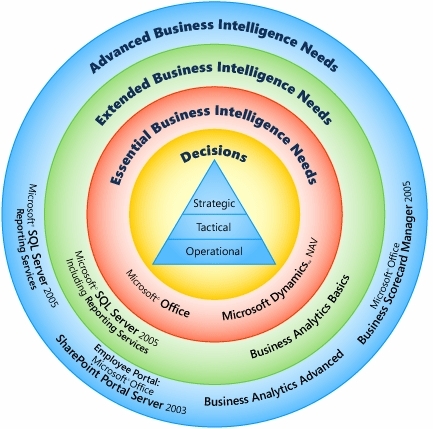Management Improvement Philosophies: Ya Gotta Love The Bigots
.jpg) Modern social media provides immediate interaction and the ability to observe an immediacy of attitudes. Recently, this author observed a back and forth set of blog posts on LinkedIn. On one side was a person who appeared to be an experienced and thoughtful business professional. On the other side was an expert in Lean Accounting. Both obviously knew what they were talking about.
Modern social media provides immediate interaction and the ability to observe an immediacy of attitudes. Recently, this author observed a back and forth set of blog posts on LinkedIn. On one side was a person who appeared to be an experienced and thoughtful business professional. On the other side was an expert in Lean Accounting. Both obviously knew what they were talking about.
Lean Accounting is a management philosophy that extends the Lean Manufacturing philosophy. In turn, Lean Manufacturing seeks to eliminate waste in manufacturing. Lean Accounting extends Lean into costing systems.
Eliminate waste! Now that is something that every business should strive for. No one supports encouraging waste. Everyone in their right mind must strongly support eliminating waste wherever it is.
However, the problem comes when an improvement philosophy becomes the “only possible solution” to all problems. And ultimately, if you’re not doing X (the favorite improvement philosophy), you are just not with it. Now we have a bigot. An even worse situation is when a bigot misrepresents competing philosophies to build up his case or cause.
Personally, this author is an advocate of Activity-Based Cost(ABC) and Activity-Based Management(ABM) and their combination Activity-Based Cost Management (ABCM). (Obviously we have our share of three letter acronyms.) ABC also strives to eliminate waste but adds costing methodologies to the equation. Properly used, ABC will help attack waste first where it matters most.
ABC has its share of bigots too! There was a time when, according to some, ABC could do everything – even slice bread.
For another example, while working for a software company, I was working on a project to model according to Theory of Constraints (TOC) methods in software originally designed for Activity-Based modeling. To over simplify, TOC seeks to improve business results by focusing on managing production constraints. TOC also has a significant number of powerful supporting methods. TOC advocates also claim to be eliminating waste.
On the project, we had the assistance of experienced top notch TOC advocates. We succeeded in creating a cost model that followed TOC principles. However, it was difficult at first to find the common elements of both methodologies. We had to peel back our rhetoric to find our points of agreement. We found a common enemy – Waste.
The challenge to all business professionals and consultants is to compare your methods to the best methods of competing philosophies. Do not compare your best to the worst of someone else. Much more can be gained by comparing the best to the best. In all business endeavors, waste is our common enemy. Waste is the enemy of profits.
Maybe we can even learn from one another and adopt what makes the most sense for our operating environments.
